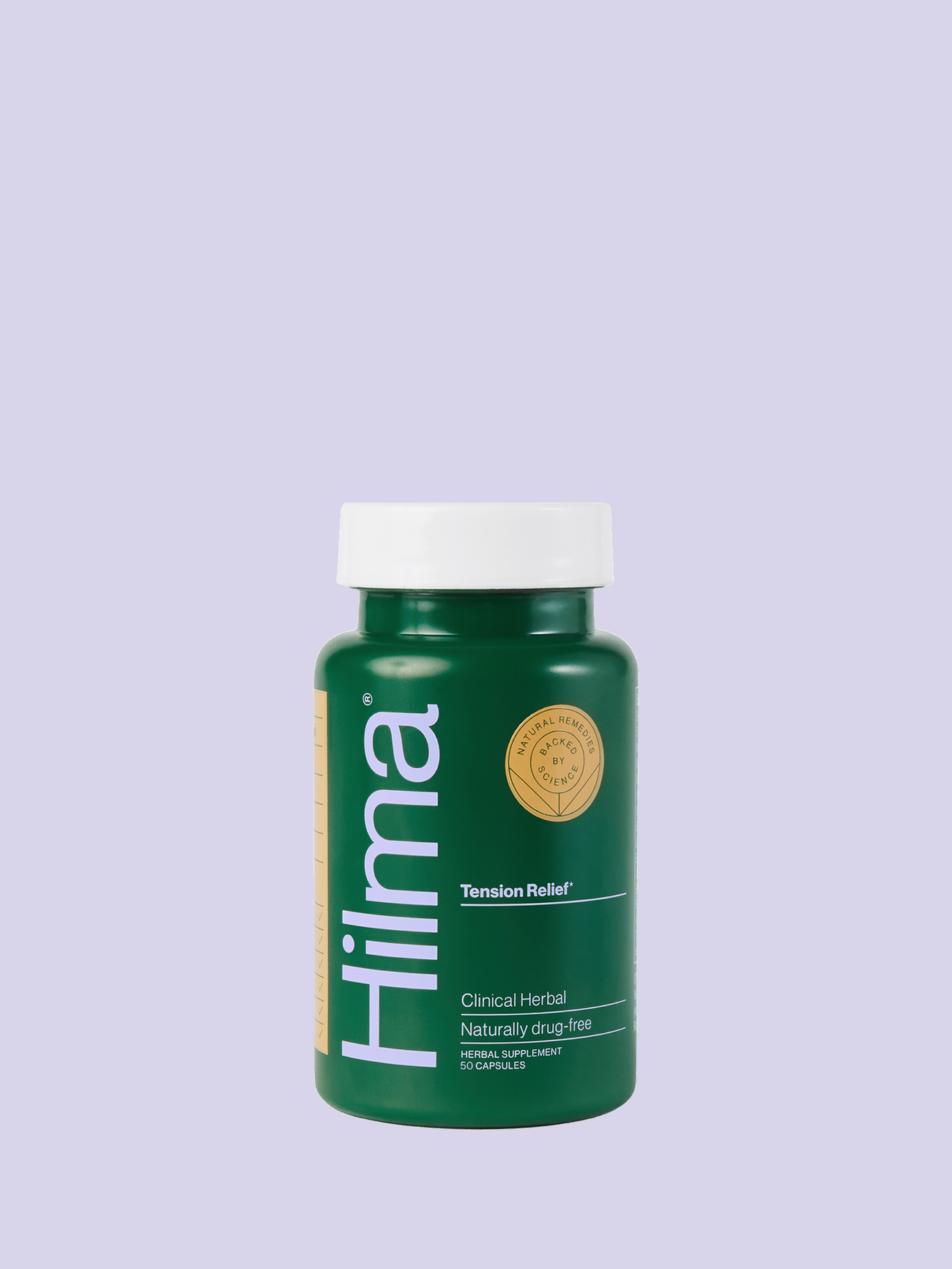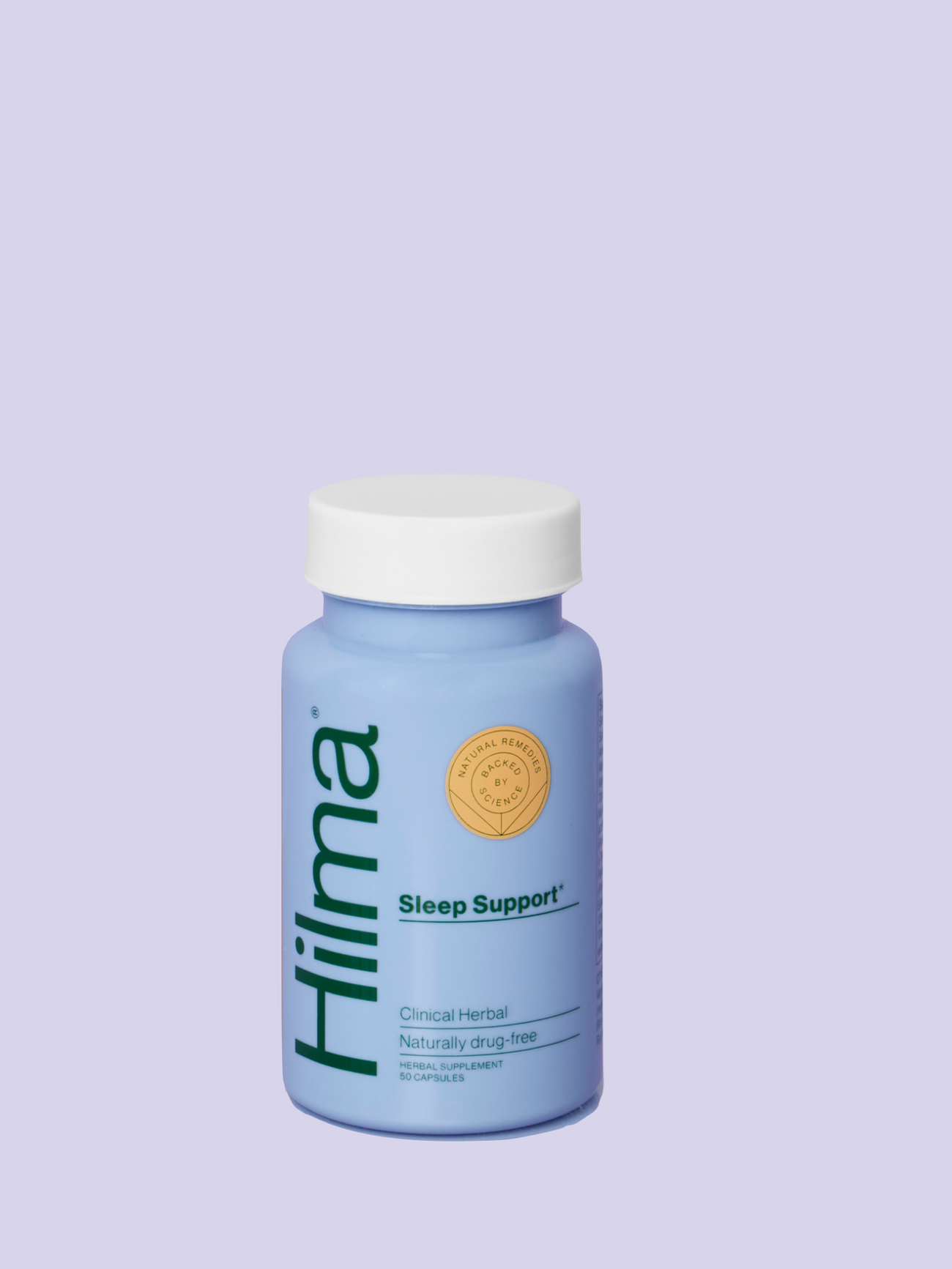
White Willow, (known scientifically as Salix alba) is one of the most interesting plants out there — a beautiful tree that is also a powerful natural remedy. We have all seen Willow trees with their drooping branches, but many are unaware of the healing properties of this plant.
The bark from this tree, when still young (2-3 years old) can be used to soothe discomfort in your head and body.
What are the Origins of White Willow Bark?
The exact timing of the discovery of Willow Bark is not known. There is evidence of usage dating back to the ancient Egyptians, who used willow bark as a remedy for aches and discomforts. There is also evidence that Hippocrates, the famous Greek physician (460 to 377 B.C.), studied and used Willow Bark as he wrote that “willow leaves and bark relieved discomfort and fevers.”
The household staple, Aspirin, is actually derived from chemical compounds found in White Willow Bark, but it took a while for modern science to catch on to this ancient herb. The research shows that it was not until the 18th century when a clergyman, Edward Stone, discovered Aspirin as he “wrote a report about how a preparation of powdered willow bark seemed to benefit 50 patients with ague and other maladies.”
How Does White Willow Bark Work?
The most frequent use of Willow bark extract is for symptoms of discomfort and occasional headaches. Several controlled studies have reported that White Willow is effective as an anti-inflammatory — meaning it calms inflammation and discomfort before entering your bloodstream.
So how does it work? Willow Bark has a chemical in it called salicin which actively helps to relieve discomfort. However, it is not just the salicin that helps, there are other ingredients in the Willow Bark, including polyphenols and flavonoids, that have been shown to augment the therapeutic actions of the salicin alone.
There are quite a number of compelling research studies and clinical trials on Willow Bark — one example is that in a well-designed study of nearly 200 people with low back discomfort, those who received willow bark experienced a significant improvement in discomfort compared to those who received placebo. People who received higher doses of willow bark (240 mg salicin) had more significant discomfort relief than those who received low doses (120 mg salicin).
And it is not just effective. This herbal medicine is also very easily digested and tolerated. Compared to NSAIDs (non-steroidal anti-inflammatory drugs), including Aspirin, Willow Bark has recorded fewer adverse events. The events that have been recorded are mainly allergic reactions in salicylate-sensitive individuals.
What Are Some White Willow Bark Benefits?
White willow bark, derived from various willow tree species like black willow, purple willow, and crack willow, is widely recognized for its discomfort-relieving prowess — but that's just the beginning. This versatile herbal remedy offers a myriad of other health benefits that may enhance your well-being in various ways.
Let’s delve into some additional advantages of integrating white willow bark into your health routine.
Joint Comfort and Mobility
White willow bark is often celebrated for its role in supporting joint health. Its natural compounds help soothe the joints and maintain mobility. A systematic review of studies suggests that individuals incorporating white willow bark into their health regimen may experience improved joint comfort, allowing for a more active and discomfort-free lifestyle.
Digestive System Support
Beyond its soothing capabilities for joints and muscles, white willow bark may also benefit the digestive system. Its gentle properties can help maintain digestive function and manage discomfort associated with minor stomach upset, making it a valuable addition for those seeking a natural approach to digestive health.
Support for Menstrual Discomfort
Many have found white willow bark helpful in easing menstrual discomfort. Its natural soothing properties can calm the severity of cramps and discomfort during menstrual periods, providing a more comfortable experience without the need for over-the-counter medications.
Respiratory Well-Being
Incorporating white willow bark can also be advantageous for respiratory health, particularly for those dealing with seasonal challenges that affect breathing. The herb’s properties help support clear airways and maintain normal respiratory function.
Skin Health
The benefits of white willow bark extend to skin care as well. Its extracts are used in various topical products to help clarify skin and reduce the appearance of redness and irritation. This makes it an excellent choice for natural skincare enthusiasts looking for effective, plant-based solutions.
Natural Antioxidant Support
White willow bark is a source of natural antioxidants, which help combat free radicals in the body. These antioxidants contribute to overall health by maintaining cellular health and supporting the body’s natural fight against oxidative stress, a factor in aging and many chronic health conditions.
Cardiovascular Health
Emerging research suggests that white willow bark may also contribute to cardiovascular health by helping to maintain healthy blood pressure and cholesterol levels. This is particularly beneficial for those looking to support heart health naturally.
What Should You Consider Before Using White Willow Bark?
While exploring the benefits of white willow bark, it's just as important to consider its potential side effects and the necessary precautions before incorporating it into your health routine. Understanding these can help you make informed decisions and use this herbal remedy safely and effectively.
Potential for Stomach Discomfort
Although white willow bark is often chosen for its soothing effects, it's essential to note that, like many herbal remedies, it could cause stomach upset in some individuals. To minimize this risk, it's advisable to take white willow bark with food. This can help buffer the stomach and reduce the likelihood of discomfort.
Interaction With Medications
Due to its salicylate content, white willow bark may interact with anticoagulants and other medications. Salicylates are similar to aspirin, which means they can enhance the effects of blood-thinning medications, potentially increasing the risk of bleeding. Always discuss with a healthcare provider before starting white willow bark, especially if you are on medication that affects blood clotting.
Allergic Reactions
Individuals who are allergic to aspirin or other salicylate-containing products should proceed with caution when considering white willow bark. Allergic reactions may include rashes, itching, or respiratory difficulties. Starting with a small dose under medical supervision can help assess tolerance and reduce the risk of severe reactions.
Considerations for Specific Populations
Pregnant women, breastfeeding mothers, and individuals with certain health conditions like gastrointestinal issues or kidney disease should consult a health care provider before using white willow bark. The effects on these groups are not thoroughly studied, and it’s crucial to ensure safety based on individual health profiles.
Quality and Source of the Supplement
The effectiveness and safety of white willow bark also depend significantly on the quality of the supplement. Look for products that specify the content of salicin and are standardized to this active ingredient. Third-party tested, high-quality natural supplements can provide more reliable and safe results.
Long-Term Use and Dosage
While short-term use of white willow bark is generally considered safe, long-term effects are less understood. It's wise to discuss ongoing use with a healthcare professional, ensuring it aligns with your overall health strategy and does not conflict with other health conditions or treatments.
How Can I Add White Willow Bark to My Wellness Practices?
Incorporating White Willow Bark into your daily life can be seamless and beneficial if done thoughtfully.
Here are some tips to integrate this natural remedy into your routine:
Morning Wellness Boost
Begin your morning with White Willow Bark to help maintain a sense of calm and comfort from the start. It’s an excellent way to prepare your body for the day ahead, helping to smooth out early morning stiffness or discomfort, and setting a positive tone for your wellness throughout the day.
Evening Routine Addition
Incorporate White Willow Bark into your nighttime routine to support relaxation and transition smoothly into sleep. Its calming properties can help soothe the body, easing the transition into a restful night, which is crucial for overall health and recovery.
Incorporate Into Fitness Regimens
After a workout, consider White Willow Bark to help support recovery and maintain comfort. It’s a natural way to assist the body’s recovery processes, helping you stay on track with your fitness goals without the discomfort that sometimes follows physical exertion.
Integrate Into Meal Times
Integrate White Willow Bark with your meals to support digestive health. It can help manage everyday digestive regularity and comfort, allowing you to enjoy your meals more fully and without discomfort.
Seasonal Adaptation
Utilize White Willow Bark as a natural aid during seasonal transitions, which can challenge your respiratory and immune systems. Its soothing properties can help you maintain comfort and well-being, even as the environment around you changes.
How Can Hilma Help?
Exploring the benefits of white willow bark introduces you to a convergence where age-old botanical wisdom meets rigorous modern scientific research. At Hilma, we bridge this gap with our dedication to crafting natural remedies that not only promise but deliver effective results.
A prime example of our commitment is our Tension Relief formula, which integrates the soothing benefits of white willow bark. This supplement is meticulously designed to address occasional head tension that may arise from stress, prolonged screen time, or insufficient rest. By blending white willow bark with synergistic ingredients like magnesium and Boswellia, we enhance each component's effectiveness, ensuring a holistic approach to your comfort and health.
Choosing Hilma means opting for a pathway that emphasizes purity, efficacy, and comprehensive wellness. Our natural remedies undergo stringent third-party testing to confirm they meet the highest standards of quality and safety.
With Hilma, you’re embracing a health philosophy where every product is a testament to the power of nature, thoughtfully and scientifically formulated for your well-being.
Ready to incorporate white willow bark into your daily regimen? Let Hilma guide you toward a more balanced lifestyle, where natural ingredients harmoniously support and amplify your body’s own functions, helping you feel your best naturally.
This information is for educational purposes only and should not be taken as medical advice. Please consult a physician before treating any disorder.
Footnotes
- https://pubmed.ncbi.nlm.nih.gov/30391545/
- http://www.cnn.com/2010/HEALTH/12/22/aspirin.history/index.html
- https://www.ncbi.nlm.nih.gov/pubmed/25536022
- https://www.ncbi.nlm.nih.gov/pubmed/25997859
- https://www.ncbi.nlm.nih.gov/pmc/articles/PMC10607963/
- http://pennstatehershey.adam.com/content.aspx?productId=107&pid=33&gid=000281
- https://www.ncbi.nlm.nih.gov/pubmed/25997859
- A systematic review on the effectiveness of willow bark for musculoskeletal discomfort | PMC




